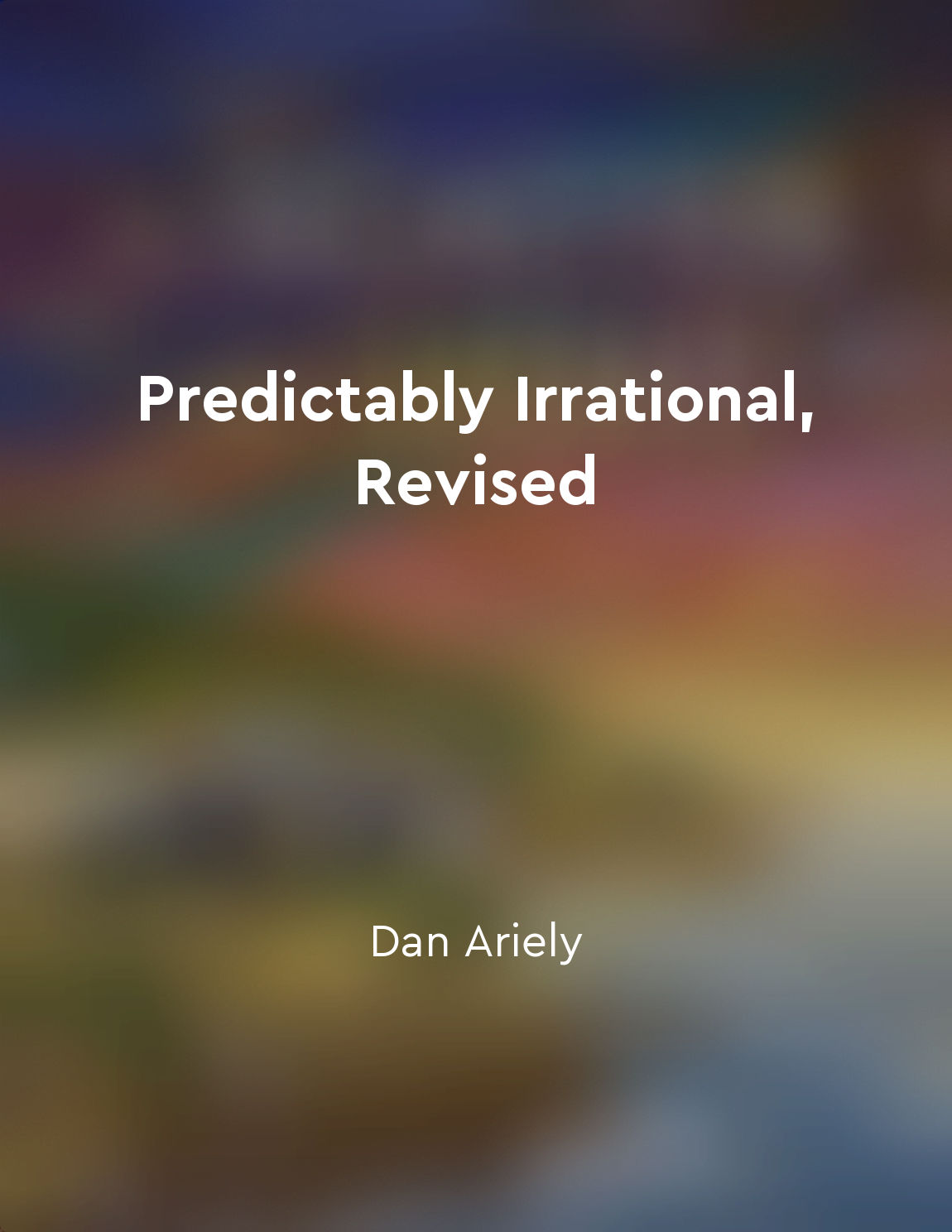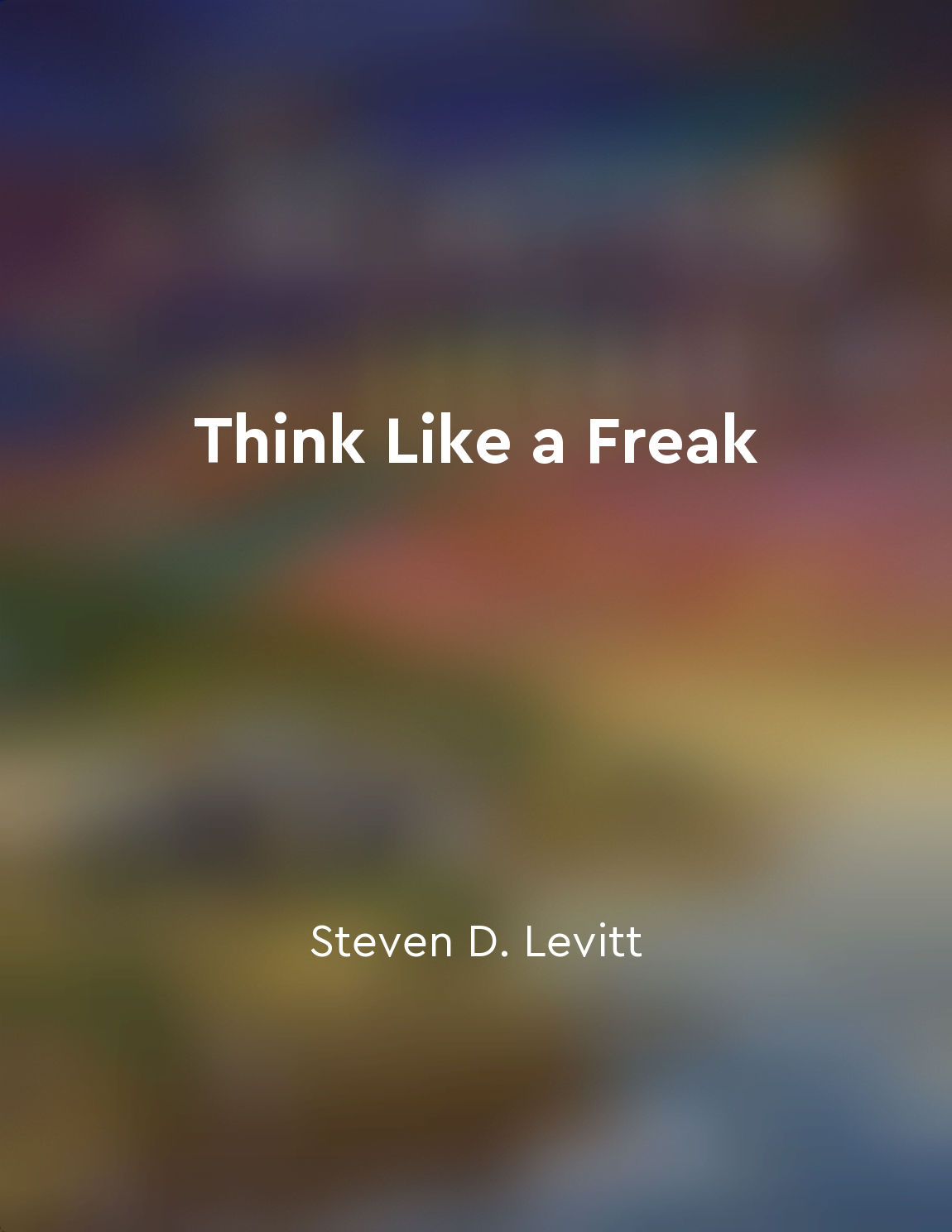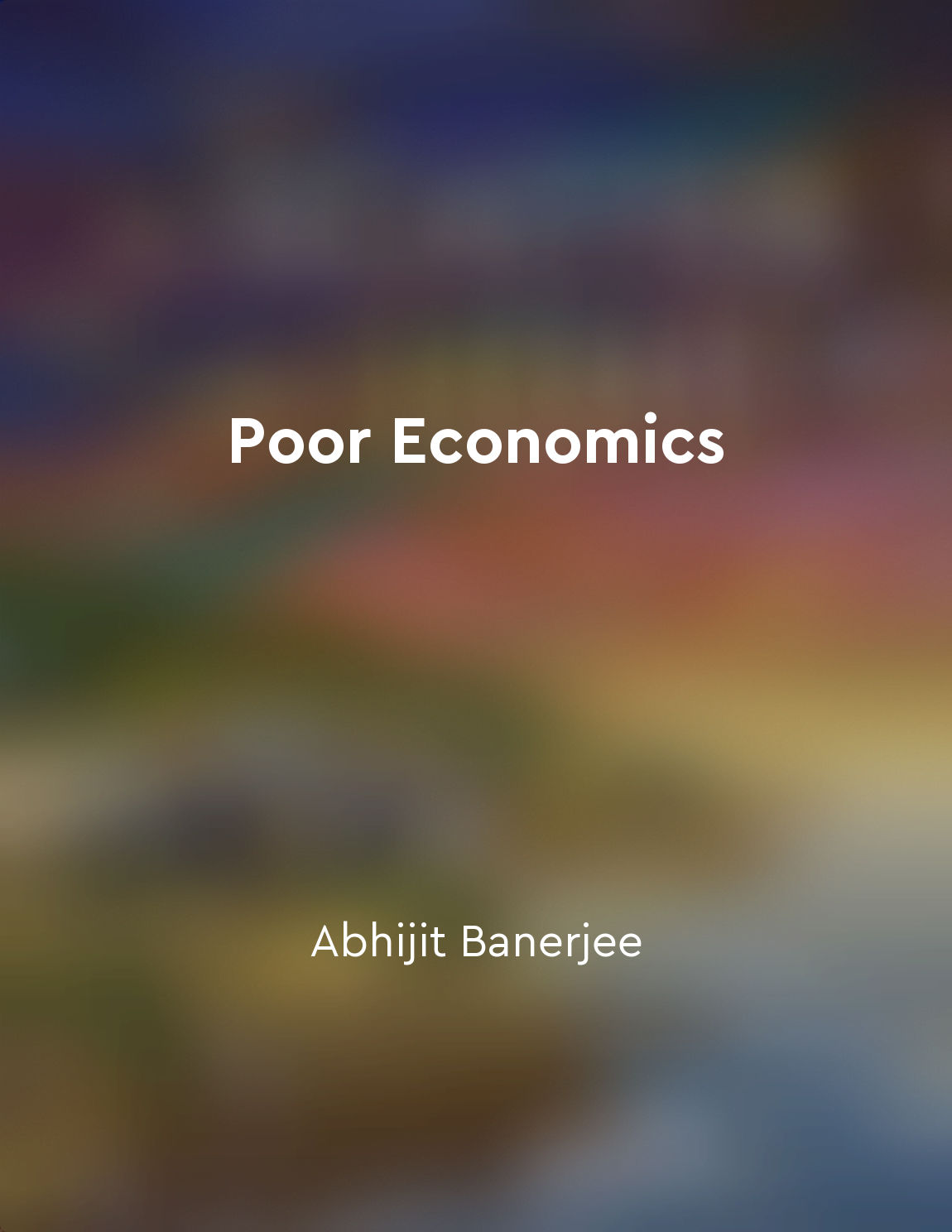Behavioral economics challenges traditional economic theories from "summary" of Misbehaving by Richard H Thaler
Traditional economic theories assume that people are rational decision-makers who always act in their best self-interest. However, behavioral economics challenges this assumption by recognizing that humans are not always rational. In fact, we are often influenced by various biases and emotions that can lead us to make decisions that defy traditional economic models. One of the key insights of behavioral economics is that people do not always make decisions that maximize their utility. Instead, we are prone to making irrational choices due to cognitive biases such as loss aversion and overconfidence. These biases can cause us to deviate from the predictions of traditional economic theories, leading to suboptimal outcomes. Furthermore, behavioral economics highlights the importance of understanding how social and psychological factors influence our decision-making processes. For example, we are heavily influenced by social norms and peer pressure, which can impact our choices in ways that traditional economic models do not account for. Another way in which behavioral economics challenges traditional economic theories is by recognizing that our preferences are not fixed and can be influenced by external factors. For instance, our choices can be heavily influenced by the way options are presented to us, a concept known as "choice architecture." This insight has important implications for policymakers and businesses looking to nudge people towards making better decisions.- Behavioral economics challenges traditional economic theories by taking into account the irrationality and complexity of human behavior. By recognizing the limitations of traditional economic models, we can gain a deeper understanding of how people make decisions and develop more effective strategies for promoting better outcomes.
Similar Posts

We compare everything to a reference point
Our minds are constantly making comparisons. When we encounter something new, our brain automatically starts looking for a refe...

Think beyond the obvious
Thinking beyond the obvious means digging deeper to uncover hidden truths or solutions that may not be readily apparent. It inv...
Climate change poses a significant threat
Climate change poses a significant threat to the environment, economy, and society as a whole. The increasing concentration of ...
Humans are prone to making mistakes
In the intricate dance of life, we humans are bound to take missteps. Our brains, complex and flawed as they are, are inherentl...

Poverty is a complex phenomenon
Understanding poverty requires a nuanced approach that recognizes the multifaceted nature of the phenomenon. It is not simply a...
Social class can impact opportunities and outcomes
Social class is not just about how much money you have in your bank account. It goes much deeper than that. It influences every...
Be open to updating your beliefs
In order to make better decisions, it is essential to remain open to updating our beliefs. This means being willing to change o...

Tort law aims to compensate for harm
The fundamental principle that underlies tort law is the idea of compensation. When someone is harmed by the actions of another...
Mental shortcuts can lead to suboptimal outcomes
When individuals rely on mental shortcuts to make decisions, they often do not consider all relevant information or weigh it ap...

Historical examples highlight market irrationality
The examination of historical examples can provide valuable insights into the irrationality of markets. By looking back at past...

